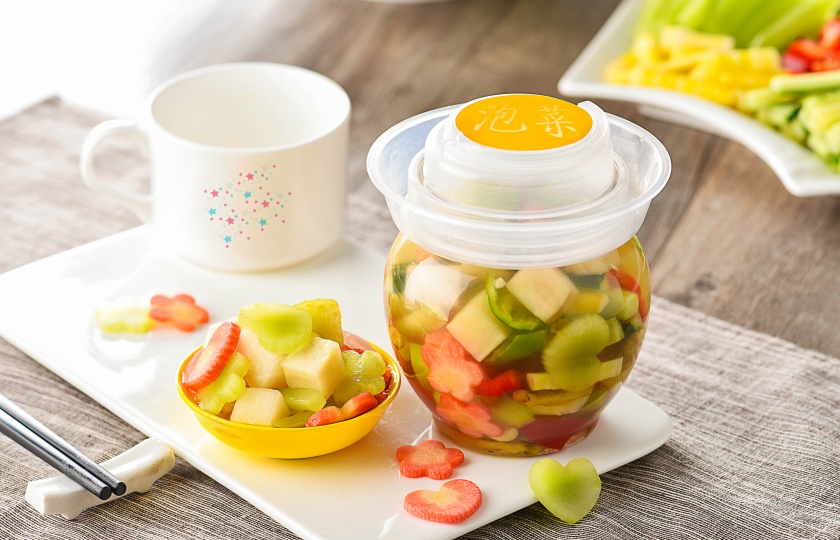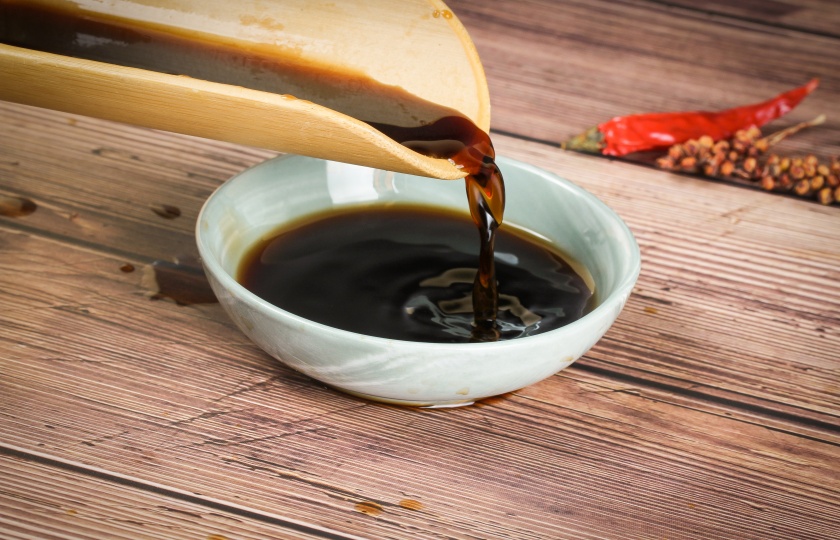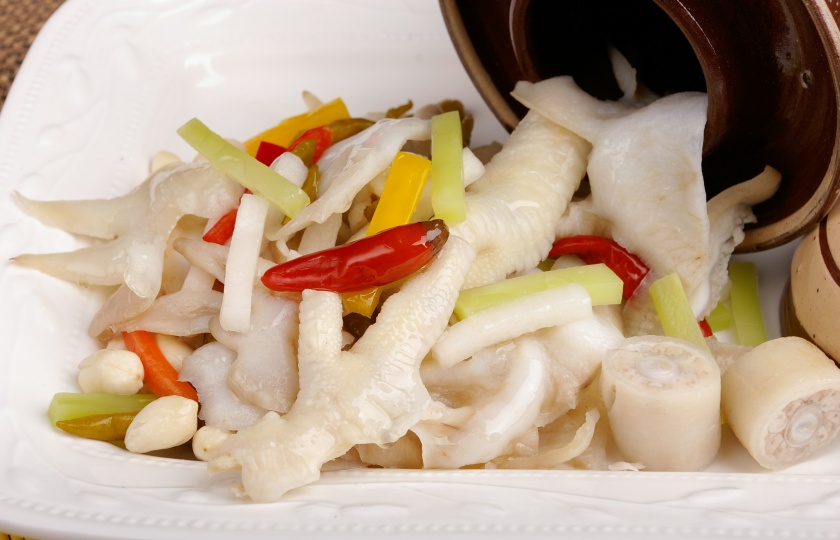Flavor Quest: Will Pickles Taste Different with Rice Vinegar

For people who love pickles, the choice of seasonings is extremely important. When considering the use of rice vinegar, whether the taste of pickles can become unique as a result has become a key point worthy of attention.
Does kimchi taste different when made with rice vinegar?
If you add rice vinegar, it will add an extra refreshing and distinct sour taste, making the overall sour taste of pickles more prominent. It may even dilute the mellow feeling produced by the original fermentation.
Moreover, the flavor of pickles becomes sharper and more direct. The taste is also more refreshing and pleasant. It forms a difference from the relatively rich and heavy fermentation flavor when no rice vinegar is added.
Originally, when making pickles regularly, we usually use seasonings such as chili peppers, ginger and garlic, salt and special pickling salt. We rely on natural fermentation to form a unique flavor. This flavor generally has a mellow fermentation aroma in the sour taste, as well as some compound tastes like spiciness.
What kind of vinegar is best for pickles?
White vinegar is the most suitable for making pickles.
White vinegar has a refreshing taste and an appropriate acidity. It won't cover up the flavor of the ingredients themselves. It can keep the vegetables in pickles in a crisp and tender state. It has a transparent color and has no impact on the appearance of pickles.
Although rice vinegar and apple vinegar can also be used for making pickles, their acidity is unstable. It may affect the shelf life of pickles. By comparison, white vinegar is more suitable for making pickles.

What happens if you put too much vinegar in pickles?
Change in taste:
If you put too much vinegar in pickles, the original balance of flavor will be lost. The sour taste will become extremely prominent, pungent and sharp, covering up other flavors. When you eat it, there will only be a strong sour taste left, and the taste will become worse.
Change in taste:
Too much vinegar will easily make the vegetables become soft, losing the original crisp and tender feeling. It will feel soft and limp when eaten, and the crisp feeling is completely gone.
Health impact:
Excessive vinegar will stimulate the stomach and intestines. If people with sensitive and fragile stomachs eat it, they may experience uncomfortable conditions such as acid reflux and stomach pain.
Preservation problem:
Although vinegar has the function of anti-corrosion, if you put too much and the acidity is too strong, it may affect the normal fermentation of pickles, resulting in the pickles being prone to deterioration and unable to be preserved well for a long time.
Can you mix vinegars for pickling?
Sure. The taste will also be different. The combination of rice vinegar and white vinegar is the most common.
When pickling with mixed vinegars, it is recommended to use rice vinegar as the main part and white vinegar as the auxiliary part, with a proportion of about 7:3. Rice vinegar has the aroma of grains, and white vinegar adds a refreshing sour taste. The combination of the two can make the pickles keep the appetizing sour taste without being too irritating.
In actual operation, for 500ml of pickling liquid, 70ml of rice vinegar can be used together with 30ml of white vinegar. If you want a milder taste, you can appropriately increase the proportion of rice vinegar. Apple vinegar is also a good choice. It can bring a faint fruit aroma, but the price is relatively high.
It should be noted that the acidity of different brands of vinegar is different. It is best to make a trial with a small amount first to find the appropriate ratio. The pickling time is recommended to be controlled within 3 days so as to keep the crisp and tender taste of the vegetables.

What are the different flavor types of pickles besides sour?
Salty-fresh type: Represented by Sichuan pickles and Chaoshan radish cake, it is pickled with salt and soy sauce, seasoned with ginger and garlic, highlighting the freshness of the raw materials. White pepper and aniseed can be added to enhance the aroma.
Spicy-hot type: Mainly including Hunan pickles and Guizhou sour and hot dishes. It gets its taste from dried chili peppers and prickly ash. It is supplemented with scallions, ginger and garlic. It has a spicy-hot feeling and can stimulate the appetite and remove greasiness. It is suitable for matching with greasy food.
Sweet type: Common in Jiangsu and Zhejiang regions, such as sweet sauce radish and sugar and vinegar garlic. It is seasoned with rock sugar or brown sugar to form a flavor with a little salt or a little sour in the sweetness. It has a mild taste and is suitable for the elderly and children to eat.
Do you refrigerate rice vinegar after opening?
Rice vinegar can be stored at normal temperature and does not need to be refrigerated in the refrigerator.
Because the concentration of acetic acid in rice vinegar is relatively high, it has strong preservative property itself. It can be stored for a long time if placed in a cool and dry place. The room temperature of 20 to 25 degrees is the most appropriate. At the same time, it should avoid direct sunlight, so that the flavor and quality of the vinegar can be maintained well all the time.
When storing, the bottle cap should be tightened tightly to avoid the oxidation of the vinegar caused by long-term contact with the air. If a layer of white film appears on the surface of the vinegar, it is called vinegar film. It does not affect the safety of consumption. Just remove this white film directly.























